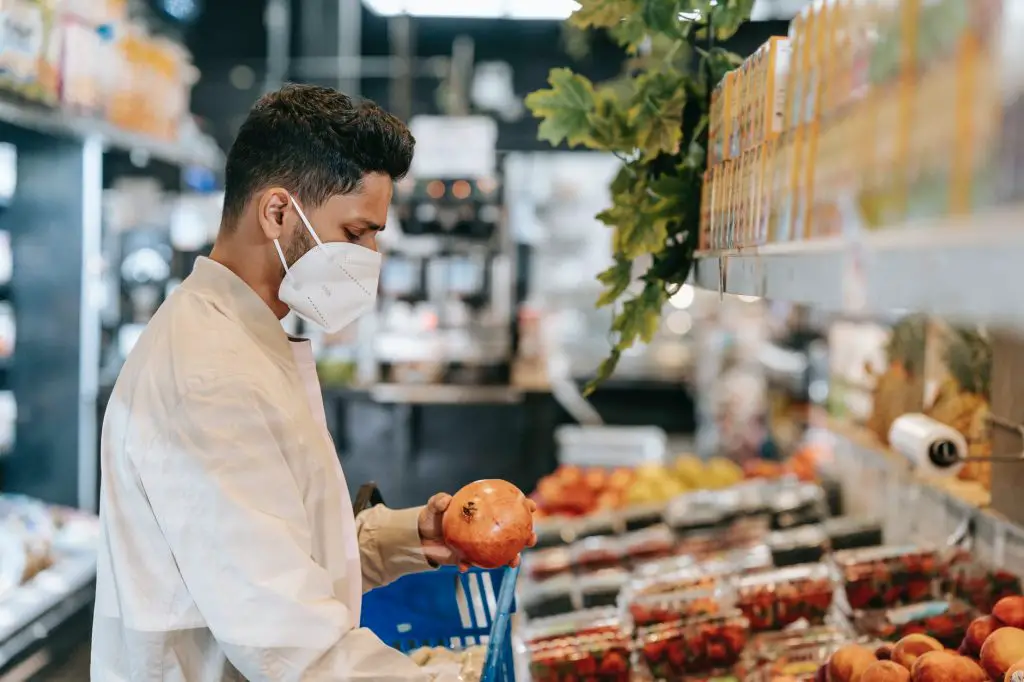Over the years, healthcare leaders have expanded their work outside of hospitals. Many factors can lead to better public health, and food safety is one. Food is considered safe when it does not contain microbiological, chemical, or physical hazards. Having safe food is a right that all people have.
Around the World
It is estimated that 600,000 people get sick each year from eating contaminated food, and 420,000 of them die. This is a devastating number affecting Population Health. If food is not safe, children die, and adults cannot work.
So, not having safe food keeps a country from developing. Unsafe food can cause more than 200 diseases, including diarrhea and cancer. Diarrhea leads to weight loss, dehydration, undernutrition, and even stunted growth.
Often, when some foods cause illness, it causes people to stop eating nutritious fruits and vegetables, for fear that they, too, will get sick.
For example, in 2006, following an E. coli outbreak from bagged spinach, sales of bagged spinach and salad mixes containing spinach dropped by almost 40%. People often shift to processed, packaged food instead of eating fresh, nutrient-rich food.
Action Plan
National governments need to take action to help countries all over the world achieve public health. Lawmakers should promote sustainable farming while working with public and animal health departments.
Growers need to adapt to climate changes and work hard to make sure food is being grown safely. Integrating the health of animals and plants can help eliminate antimicrobial resistance.
Everyone involved with food needs to comply with regulations made by federal agencies, from processing to retail.
Taking care to process, store, and transport food safely not only ensures good public health, but it also helps retain the nutritional value of the food, and it helps businesses to be a part of the 1.6 trillion dollar food trade business.
Consumers have a part in ensuring safe food. They should be educated and empowered to make healthy food choices for themselves and their families. Food safety is complicated, and consumers need to be able to understand the nutritional value as well as risks of disease associated with foods.
In the end, to achieve better public health through food safety, farmers, UN organizations, trade companies, development agencies, governments, as well as consumer and producer groups need to work together.
Research companies and universities much continue to work with private businesses to apply the knowledge discovered in the research. This is a global issue, and it needs a global solution.
Emergency Situations
Often people store food ahead of time in case there is an emergency or disaster situation. It’s important to check the expiration dates on canned and dried foods. Storing foods in a safe environment is also important. Don’t store them range or refrigerator exhaust.
Heat can cause foods to spoil more quickly. Food should also be stored away from gasoline, paints, and oil since some food absorbs those smells.
Finally, it’s important to store food up on shelves, away from the floor where floodwaters can come, and where rodents and small bugs can get into them.
Food safety is not only important for human health but economic development and the livelihoods of citizens in every country. Hospitals are working to make sure their communities have all of the resources necessary for healthy, productive lives.
___________________________________________________________________________
Some other articles you might find of interest:
Have you ever wondered what the internet of the future looks like?
What is the Metaverse, and Are You Ready For Its Arrival?
Boost your Android Performance with these tips:
Essential Tips to Increase Android’s Performance
Explore more earning opportunities through your writing skills:
Top 10 Affiliate Marketing Programs for Blogs in 2021






